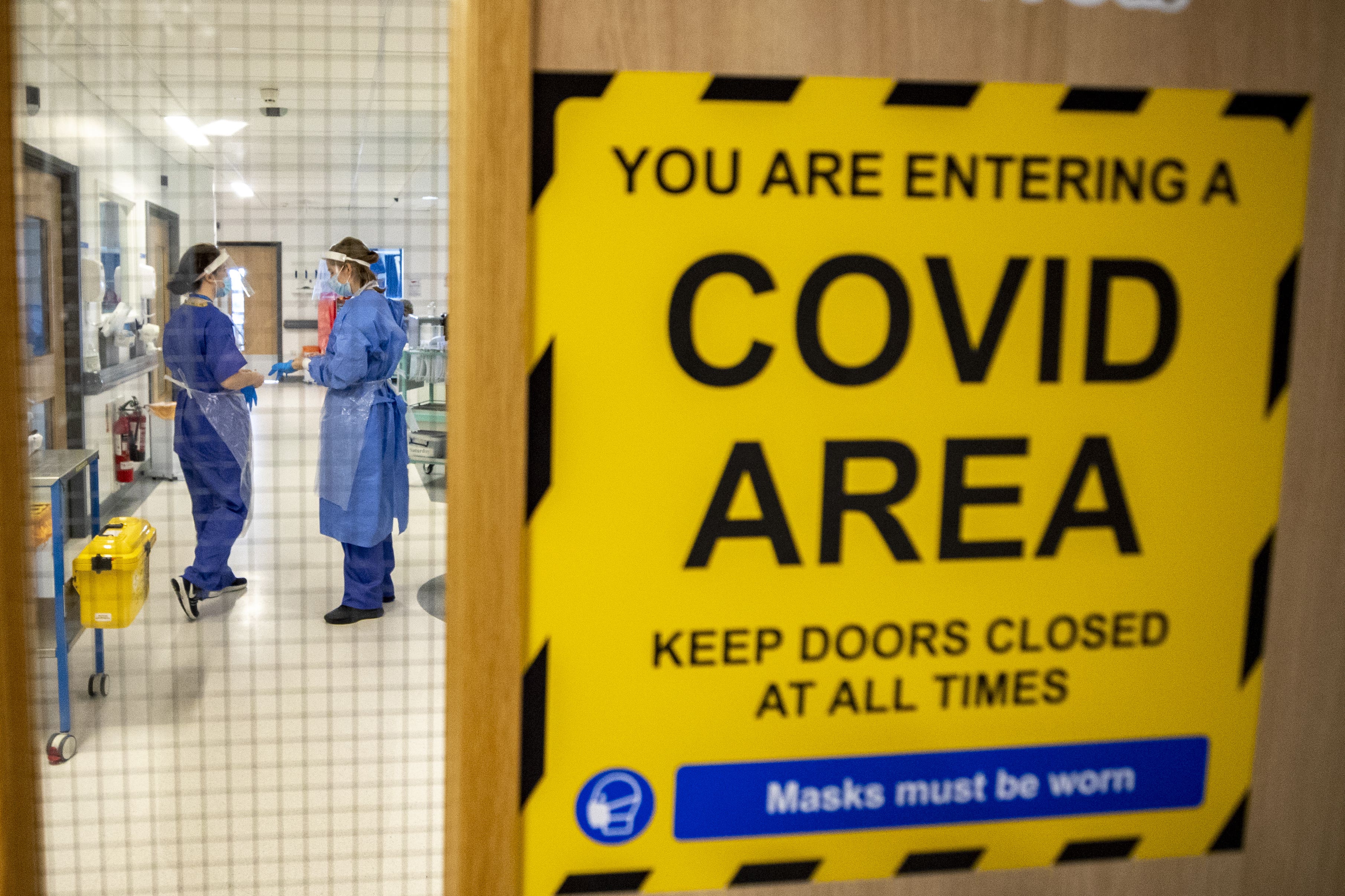Scientists reveal reason why your hangover may be getting worse - and it’s not age
Those suffering from long Covid may face worse side-effects after consuming alcohol, a new study has found
Your support helps us to tell the story
From reproductive rights to climate change to Big Tech, The Independent is on the ground when the story is developing. Whether it's investigating the financials of Elon Musk's pro-Trump PAC or producing our latest documentary, 'The A Word', which shines a light on the American women fighting for reproductive rights, we know how important it is to parse out the facts from the messaging.
At such a critical moment in US history, we need reporters on the ground. Your donation allows us to keep sending journalists to speak to both sides of the story.
The Independent is trusted by Americans across the entire political spectrum. And unlike many other quality news outlets, we choose not to lock Americans out of our reporting and analysis with paywalls. We believe quality journalism should be available to everyone, paid for by those who can afford it.
Your support makes all the difference.Those with long Covid are likely to face more extreme hangovers, a new study suggests.
People experiencing long-lasting symptoms from a Covid infection reported having worse hangovers than before, researchers at Stanford University found.
A 49-year-old said wine now makes her feel unable to move whereas a 40-year-old who once used to knock back seven cocktails a night now cannot stomach one, the Mail reported.
The researchers concluded that patients with long Covid that the illness can trigger new-onset alcohol reactions and sensitivity.
The new symptoms are caused by the virus and inflammation in the body weakening the blood-brain barrier, leading to worse alcohol-induced nausea as more substances can enter the brain.
The four participants in the study were from the Post Acute Covid Syndrome clinic (PACS) at California University.

The clinic predicts over 3.3 million Americans suffer from long Covid.
Symptoms of the condition include constant fatigue, brain fog and an inability to function normally.
The 49-year-old woman told the university she used to often have a glass of wine without facing side effects, but now she says she faces bad hangovers and will feel “overwhelmed, tired and groggy” the following day.
She has reported having long Covid for 11 months but also has type 1 diabetes and breast cancer.
The 40-year-old former frequent cocktail drinker said just one beverage now leads to alcohol poisoning and a severe long-lasting headache.
She also suffers from Elhers-Danlos syndrome, a condition where the tissue becomes weaker, high blood pressure and asthma.
Another subject, a 60-year-old man, says he now cannot drink one beer without experiencing chronic and daily headaches.
He had no previous conditions before contracting long Covid and now faces headaches, cognitive impairment and problems sleeping.
Another social drinker, a 36-year-old woman who partook in the study, now reports becoming flushed after drinking- she has had long Covid for one year.

In the UK, data released by the Office for National Statistics (ONS) in February last year - the last dataset available -showed around six in 10 people with long Covid were likely to have been suffering symptoms for a year or more.
The data also showed an estimated two million people living in private households in the UK were experiencing self-reported long Covid.
While some people suffer more serious complications, the most common symptoms of long Covid cited on the NHS website are extreme fatigue, shortness of breath, loss of smell and muscle aches.
Other people have also reported problems with memory and concentration, chest pain, insomnia, heart and lung problems, joint pain, depression, anxiety, diarrhoea, stomach aches and loss of appetite.
The syndrome is still being studied and the NHS has set up services to help those worst affected.

Join our commenting forum
Join thought-provoking conversations, follow other Independent readers and see their replies
Comments